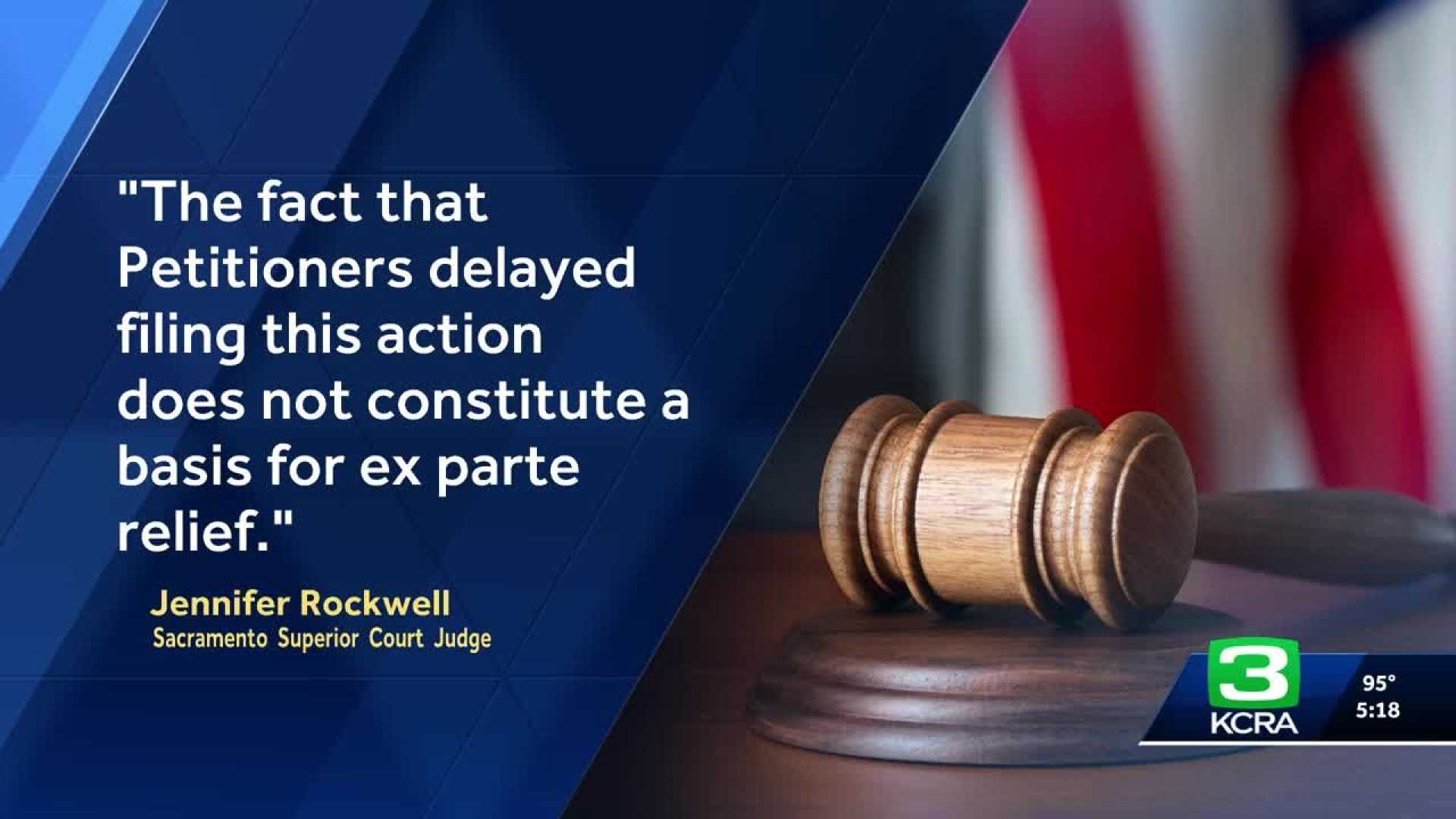Business
California’s Fantasy Sports Battles Heat Up Amid Legal Challenges

SACRAMENTO, California — California, known for its innovative spirit, faces a new challenge in the realm of fantasy sports. The Attorney General’s office recently ruled that daily fantasy sports contests, widely enjoyed by millions in the state, are illegal under California law. This decision has sparked controversy among fantasy sports operators and fans alike.
The ruling, issued on July 22, 2025, by Attorney General Rob Bonta, applies to both pick ‘em and draft-style fantasy games. Officials claim that these games constitute illegal wagering since they use sports outcomes to determine payouts.
Jacob Appelsmith, former Chief of the California Bureau of Gambling Control, responded to this ruling, arguing that California residents have engaged in fantasy sports for nearly 20 years without complaints. “During my tenure, we never had a single consumer complaint about these forms of entertainment,” he stated, emphasizing that fantasy sports are games of skill, not chance.
Support for fantasy sports remains strong among California voters. A recent poll showed that 75% of voters support the continuation of fantasy sports contests. Appelsmith pointed out the disconnect between public sentiment and the Attorney General’s decision, questioning why authorities are moving to dismantle a popular and well-regulated activity.
The Attorney General’s reliance on a statute from over a century ago to justify this ruling has been criticized by industry experts. Critics argue this outdated law was originally aimed at horse racing and does not appropriately address the modern dynamics of fantasy sports.
Fantasy sports organizations have reacted differently. DraftKings and FanDuel issued statements indicating their intention to continue offering their services, asserting that their contests are legal games of skill. Conversely, pick ‘em operators, such as Underdog and PrizePicks, have struggled as their business models come under threat.
The tension between fantasy sports operators and California’s gaming tribes, who see these contests as competition for their revenue, adds complexity to the situation. Tribal leaders view the AG’s opinion as an opportunity to strengthen their position in California’s gaming landscape.
As the dispute unfolds, Appelsmith urges the Attorney General to reconsider. “Californians deserve a government that listens to its people and champions innovation,” he remarked. The future of fantasy sports in California hangs in the balance as stakeholders await further developments.












